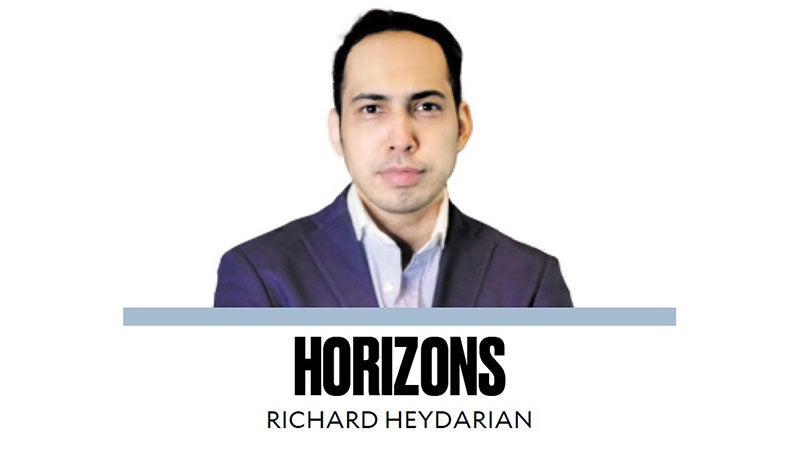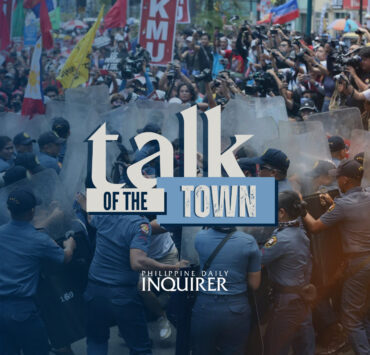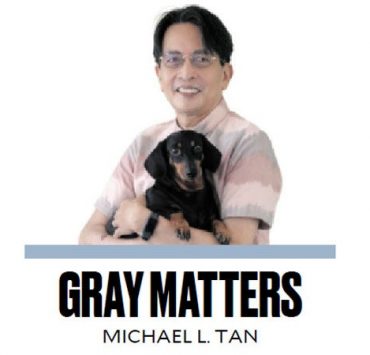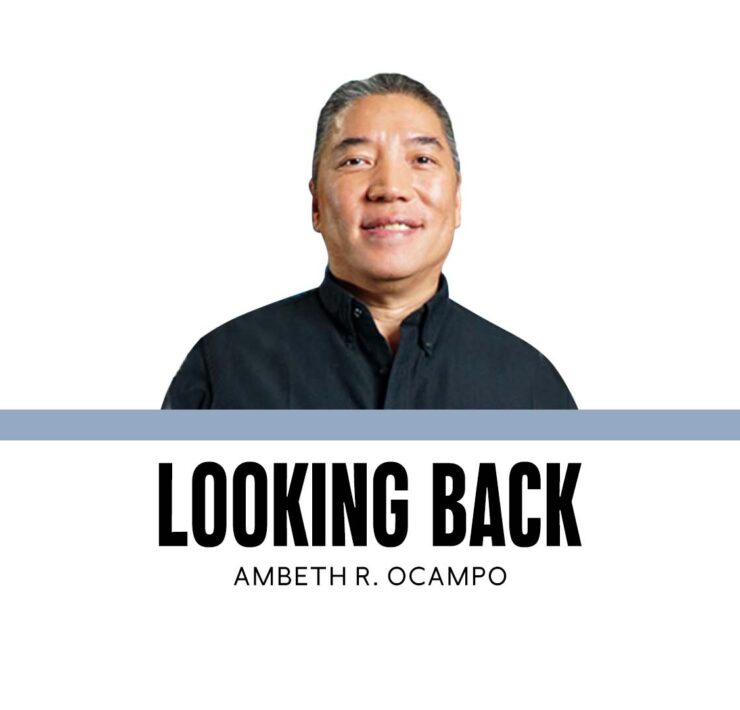Duterte, Trump, and the question of ‘fascism’

This week, America is, once again, about to make history. Either it will elect its first-ever female president of African American and South Asian descent. Thus, should Kamala Harris defy all odds and polls, her presidency would be even more historic than Barack Hussein Obama’s in 2008. Or, it could end up electing a convicted felon as a president. But the potential return of Donald Trump to the White House could carry even starker implications.
A good number of former Trump aides have publicly endorsed Harris, but the most poignant intervention came from his former chief of staff. John Kelly, a highly decorated former Marine general, dominated the headlines in the final weeks of the election campaign when he argued: “Well, looking at the definition of fascism: It’s a far-right authoritarian, ultranationalist political ideology and movement characterized by a dictatorial leader, centralized autocracy, militarism, forcible suppression of opposition, belief in a natural social hierarchy … So [Trump] certainly falls into the general definition of fascist [leader], for sure.”
Kelly is not alone in this troubling yet debatable assessment. If anything, one of the most authoritative scholars of fascism shared a similar view years earlier. In an oft-cited column in 2021, Robert Paxton, an emeritus professor of social sciences at Columbia University, dropped his earlier opposition to what he initially saw as a flippant deployment of the loaded term by liberal critics. “Trump’s incitement of the invasion of the Capitol on Jan. 6, 2020 removes my [earlier] objection to the fascist label. His open encouragement of civic violence to overturn an election crosses a red line. The label now seems not just acceptable but necessary,” he argued.
In fairness, a great number of scholars disagree with both Paxton and Kelly, especially those who have the historically specific horrors of early 20th-century Europe in mind. After all, Trump’s first term in office exhibited numerous signs of right-wing populism but did not necessarily cross the threshold into something much darker. I personally know countless pro-Leni Robredo Filipinos, who also happen to be big Trump fans. As the former US president admitted in his hours-long podcast interview with Joe Rogan, however, things could turn out differently should he return to the White House next year.
But when it comes to a former American colony, where democratic institutions are far more fragile and susceptible to autocratic takeover, things are far less speculative. Under the Rodrigo Duterte presidency, tens of thousands of lives perished under a deeply suspect ”war on drugs.” Worse, the former president has, including during his recent monologue at the Senate, openly celebrated the use of violence, including extrajudicial methods, to “solve” our drug and criminality problem.
Surrounded by a cheerleading squad, a factotum, and a coterie of diffident legislators, Duterte publicly incriminated himself by admitting that he “had a death squad of seven, [who] were not police, [but instead] were gangsters.” Crucially, he also confessed to instructing law enforcers to “encourage” suspects to fight back in order to justify their murder under the nanlaban pretext.
“Do not question my policies because I offer no apologies, no excuses. I did what I had to do, and whether or not you believe it … I did it for my country … If given another chance, I’ll wipe all of you [criminals],” he defiantly added. For years, leading sociologists such as Walden Bello have described Duterte as a “fascist original.” Randy David, on his part, has spoken of “Dutertismo” as a distinctly nationalist, populist and authoritarian ideology.
Perhaps no thinker has better described what we are confronting in our era than the Italian philosopher Umberto Eco, who forwarded the concept of “Ur-Fascism,” namely a less catastrophically megalomaniac but still a troubling derivative of early 20th-century demagoguery.
According to Eco, a proto-fascist does not necessarily rely on a world-conquering army or genocidal violence. Instead, he could prove singularly deadly and authoritarian by, inter alia, embracing a ”cult of action” that despises reason, facts, pluralism, and the fundamental values of The Enlightenment. Far from a coherent ideology, proto-fascist leaders are driven by raw emotion, toxic machismo, unbridled narcissism, profound grievance and, crucially, bottom-up celebration of violence as a cathartic solution to any complex public policy conundrum. Sounds familiar? Well, at the least the Philippines was lucky enough not to elect another Duterte to the top office. At least, not yet!
————–
rheydarian@inquirer.com.ph





















